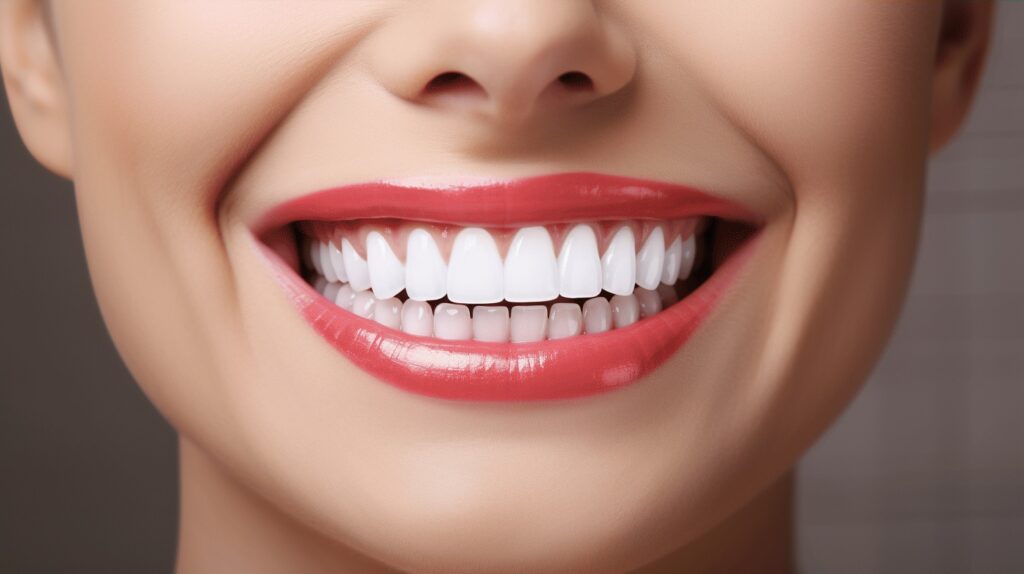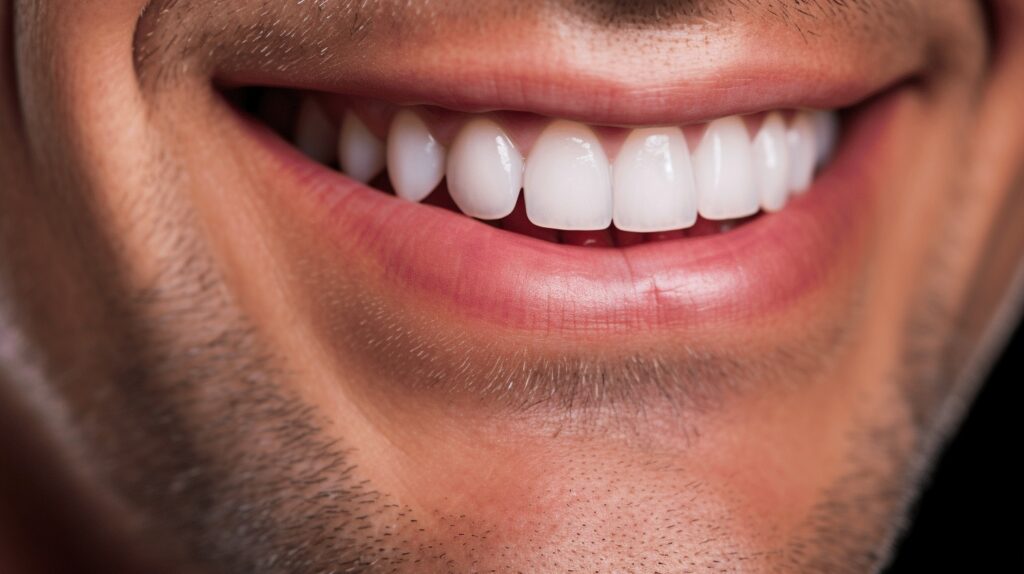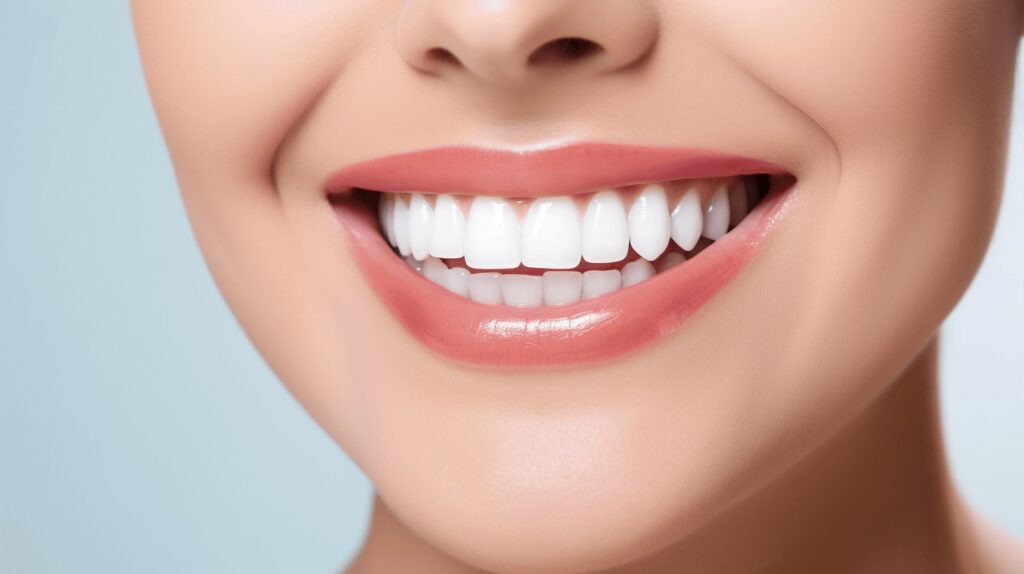Welcome to our comprehensive guide on preventative dentistry for children! 😊
It’s exciting to embark on this journey with you, providing information that’s critical to ensuring your kids cultivate early oral health habits. While we’d all love to insulate our children from the discomfort of a toothache or the sight of a dental drill, it’s not just about sparing them from these unnerving experiences. Regular preventive care can lead to a lifetime of robust oral health for your young ones.
Equally important, instilling good oral hygiene habits from a young age helps children learn responsibility, boosts their self-esteem and sets them on a path to a lifetime of understanding the importance of healthy practices.
So, pull up a chair and let’s start at the very beginning. Today, we’re going to delve into the world of children’s oral care, providing a statistical overview of child oral health, discussing tooth loss and decay in children, and importantly, sharing effective preventative measures for oral health.
And trust us – with all the smiles and bright futures at stake, this is one topic worth sinking your teeth into! 😉👍
Table of Contents
Statistical Overview on Child Oral Health
Child oral health is proving to be a crucial public health concern demanding earnest attention from parents, healthcare providers, and policymakers. Given the crucial impact of oral health on overall well-being, it is paramount to be aware of the situation.
Prevalence of Dental Caries
Dental caries, often referred to as tooth decay or cavities, is a common health issue that affects many children. In fact, approximately 23% of children aged 2 to 5 years have had dental caries in their primary teeth. Further, data indicates that the total prevalence of dental caries in youth from 2 to 19 years of age amounts to a staggering 45.8%.
Did you know?
Tooth decay is a leading chronic disease of childhood, with 60 to 90% of school children worldwide affected by it.
Influence of Socioeconomic Factors
Alarmingly, the situation worsens significantly when you factor in socioeconomic parameters. Children hailing from more deprived areas are more than twice as likely to experience dental decay. This unfortunate reality shines a light on the far-reaching influence of socioeconomic factors on child oral health.
Dental Visit Rates
Frequent dental visits from an early age can greatly aid in the prevention and detection of oral health issues. However, there is a great need to promote this healthy habit as the current dental visits rates aren’t as high as they ideally should be.
Rate of Unrepaired Tooth Decay
It is concerning to note that untreated dental caries are not a rarity. Precisely, 13.2% of children aged 5-19 years have untreated dental caries. This forms a serious issue as untreated tooth decay can lead to pain, infections and can adversely affect learning, eating, and playing.
The Global Burden
As we broaden the scope, the problem escalates. A mind-boggling estimate shows that 2 billion people globally suffer from caries of permanent teeth. This puts into perspective the magnitude of the global burden that child oral health represents.
Taken as a whole, these statistics reveal a concerning scenario that calls for immediate and concerted action. We believe it’s upon all of us – parents, healthcare professionals, and policymakers – to join hands and fight this challenge head-on.
For the sake of our children and their bright futures, let’s pledge to prioritize oral health! 😊
Child Tooth Loss and Decay
Welcome to the fascinating world of children’s dentistry! Isn’t it thrilling to see your child’s toothless beams transform into smiles flaunting a set of pearly whites? Or when they wave their fallen tooth with pride expecting a visit from the tooth fairy?
Oh, the joys of childhood!
Tooth Loss Age
When we delve into the nitty-gritties of this subject, one intriguing fact stands out vividly – children usually lose their first tooth around the age of six.
Yes, you read that correctly. The age of just six years marks the start of this significant change in your child’s life. It’s a milestone, a rite of passage, and a symbol that your child is stepping into a new phase of their journey. Most children might find this process fun and exciting, while some might feel a bit anxious.
As parents, we have a crucial responsibility here. We need to
- Encourage our kids
- Share our own lost-tooth stories
- Maintain an upbeat, positive attitude.
This is to ensure that the entire experience remains a joyful one for them. After all, every child is unique, and so is their tooth loss journey!
Prevalence of Tooth Decay
On a somewhat sobering note, though, as we talk about tooth loss, it’s imperative to shed some light on tooth decay as well.
Tooth decay can also lead to tooth loss, and it’s a widespread problem among children. Nearly 53% of kindergarteners and 67% of third graders in Texas have experienced tooth decay. Nationally, the figures are even more alarming. An estimated 42% of children between the age of 2 and 11 have had tooth decay. 😲
This dictates the necessity of prioritizing our children’s dental hygiene from an early age. We owe it to them:
- Teach them proper brushing techniques
- Remind them to brush twice daily
- Limit sugar intake
The reality of tooth decay makes it clear that our actions today will impact our children’s dental health in the future. Thus, as we celebrate each lost tooth, let’s continue to instill healthy habits that promise a lifetime of strong, beautiful smiles. Indeed, child tooth loss and decay are multifaceted subjects that require our undivided attention.
Preventive Measures for Oral Health
Achieving vibrant oral health isn’t solely by chance—it’s largely a product of effective preventive measures. Implementing these measures early and consistently can help keep tooth decay, gum disease, and other oral health issues at bay.
In this article, we’ll delve into four preventive strategies: Dental Sealants, Fluoride Treatments, Regular Checkups, and Good Oral Hygiene Habits. By the end of it, you’ll have a deeper understanding of the Role of Preventative Dentistry and how these measures can help you achieve optimal oral well-being. 😷👩⚕️
Dental Sealants
A formidable weapon in the fight against cavities is dental sealants. Did you know that almost everyone has a 95% chance of experiencing cavities in the pits of their teeth? Dental sealants drastically reduce this risk by providing a protective shield over your tooth’s enamel. Typically applied in childhood, these thin, protective coatings help prevent decay for many years.
Fluoride Treatments
When it comes to guarding against cavities, fluoride treatments can provide an additional layer of armor. Depending on the anatomy of your child’s teeth, topical fluoride treatments can help reinforce tooth enamel, making it more resistant to bacterial acid that leads to tooth decay.
Regular Checkups
Don’t underestimate the power of regular dental checkups. By scheduling dental exams every six months, your dentist can identify potential problems early before they become complex—and costly—to treat. Plus, professional cleanings help remove plaque and tartar buildups that homecare routines may miss.
Inculcating Good Oral Hygiene Habits
Last but certainly not least, it’s crucial to establish and maintain good oral hygiene habits from an early age. This includes:
- Brushing twice a day with a fluoride toothpaste
- Flossing daily
- Limiting sugary snacks and drinks
Remember, healthy oral habits not only yield a sparkling smile but also contribute significantly to your overall well-being. 🦷✨
Taking preventive measures for oral health seriously can mean the difference between maintaining a healthy, beautiful smile and battling persistent dental issues.
By integrating dental sealants, fluoride treatments, regular checkups, and good oral hygiene habits into your routine, you’re setting yourself— and your smile—up for success.
Conclusion
In final words, safeguarding your child’s oral health begins right from the initiation of those precious baby teeth 😊.
Early prevention coupled with regular dental checkups not only ensures the development of strong, healthy teeth but also instills good oral hygiene habits in your child. It may appear early, but the late aftereffects of tooth decay in children are costly and can trail them long into adulthood. Remember, it’s never too early or late to start.
At Wilshire Smile Studio, we are dedicated to helping children establish good oral health habits. With our team of experienced professionals, comfortable environment, and cost-friendly services, we serve to make dental health easily accessible.
In addition to preventative services, we offer cosmetic treatments, dental implants and other sought-after services that keep our patients smiling 😁.
With us, a perfect smile is attainable. Reach out today by booking a free appointment or calling 323-DENTIST (323-336-8478) to secure not only your child’s radiant smile, but also their oral health for a lifetime. 👩⚕️🦷💕
Here’s to a lifetime of radiant smiles and great oral health. After all, a smile is the prettiest thing you can wear! 🌟
Frequently Asked Questions
1. Why is preventative dentistry important for children?
Preventative dentistry is important for children because it helps maintain their oral health and prevents dental issues such as tooth decay, cavities, gum disease, and malocclusion. It instills good oral hygiene habits from a young age and promotes a lifetime of healthy smiles.
2. What are some early oral health habits for children?
Some early oral health habits for children include brushing their teeth at least twice a day with fluoride toothpaste, teaching them how to floss correctly, encouraging a balanced diet rich in fruits and vegetables, minimizing sugary snacks and drinks, and scheduling regular dental check-ups.
3. At what age should I start taking my child for dental check-ups?
It is recommended to take your child for their first dental check-up by the age of one or within six months after their first tooth erupts. Early dental visits ensure proper monitoring of oral health, early detection of any issues, and guidance on oral hygiene practices.
4. What role does diet play in children’s oral health?
Diet plays a crucial role in children’s oral health. A balanced diet with limited sugary snacks and drinks reduces the risk of tooth decay and cavities. Foods rich in calcium and vitamins contribute to strong teeth and bones, while drinking plenty of water helps maintain saliva production and rinses away food particles.
5. How can I encourage my child to develop good oral health habits?
To encourage good oral health habits in children, lead by example and make oral hygiene routines fun and interactive. Use colorful toothbrushes, play their favorite music while brushing, and reward them for consistent oral care. Educate them about the importance of oral health and involve them in selecting dental products.









